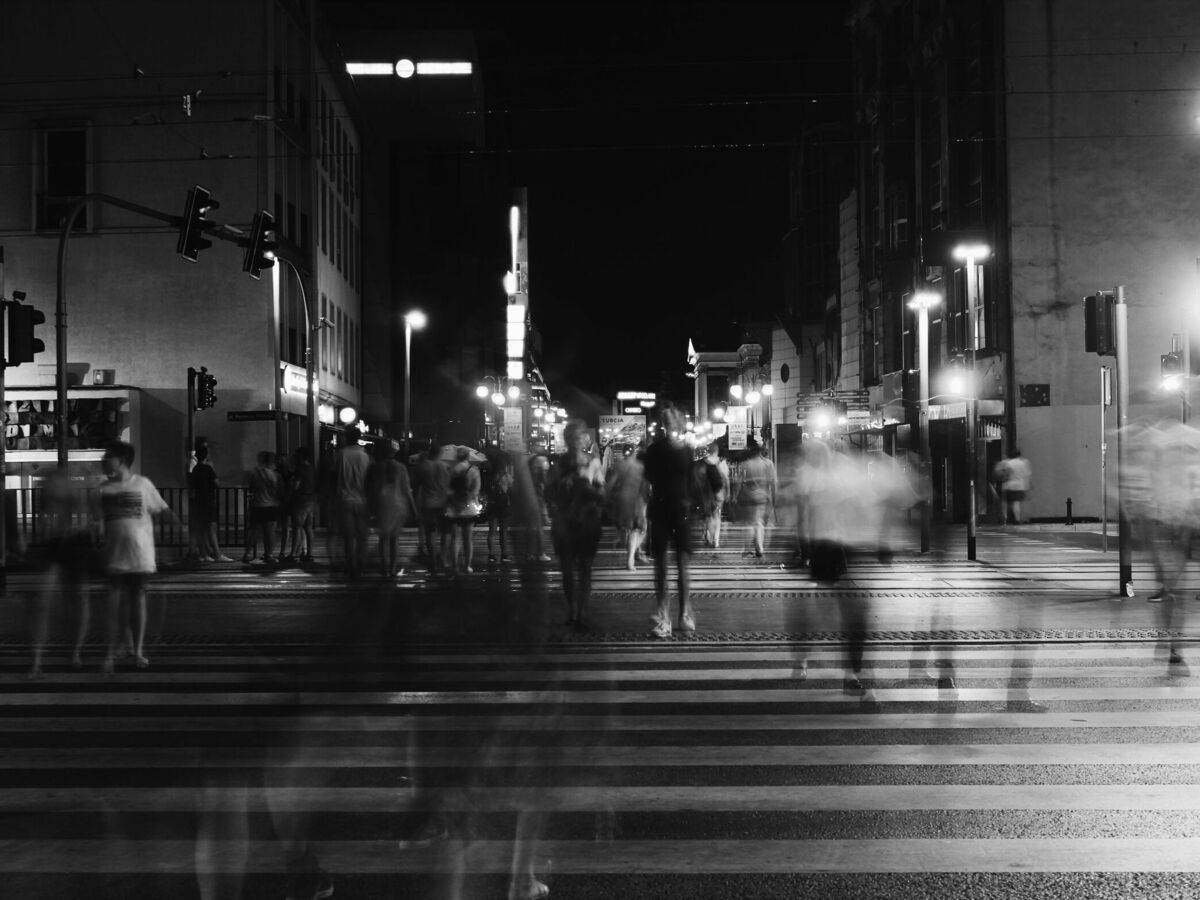Image

The following opinion article is by Professor John Aram, who is retired from his position as professor and associate dean with Lesley University. The article represents the views and opinions of the author alone, and not necessarily those of Westwood Minute.
By John Aram, Ph.D.
As a Legal Resource Volunteer in the Massachusetts office of the American Civil Liberties Union for well over a decade, I have listened to the civil liberties complaints of hundreds of citizens and summarized their stories for review by the ACLU legal staff. Several of these conversations lead me to worry about the stability of our society.
First, just as Governor Baker’s vaccination mandate for state employees was going into effect, I spoke with a man, employed as a prison official with the MA Department of Corrections, who was about to lose his job because he refused, like a number of others, to be vaccinated. He was angry with the ACLU for not defending what he felt were his Constitutional rights, especially when he perceived that organization to be advocating for incarcerated persons, immigrants without documentation, and members of other disenfranchised groups. “Why am I less important?” he heatedly asked, “Why do I matter less than they do?” It seemed to me that this man’s sense of abandonment and dispossession might resonate with a substantial segment of the U.S. adult population, a segment that may be primarily white, male, Christian, and straight. Even though civil libertarians vigorously defend the Constitutional rights of all individuals, whether people feel they matter, matters.
Second, I have spoken with Black citizens complaining about biases embedded in law enforcement actions---racial profiling by local or state police, experiencing physical abuse by law enforcement officers, being denied access to police records, having officials falsify reports and court testimony, or being denied needed assistance. Without knowing the veracity of any one or another of these charges, their sheer volume and commonalities lead one to appreciate how Michael Brown, Sandra Bland, Eric Gardner, Freddie Davis, George Floyd, Breonna Taylor, and many others lost their lives and as Black citizens continue to do so. As we know, the national movement, Black Lives Matter, draws attention to these deaths and advocates for protecting Black lives.
A basic question before our society is, “Who matters?” This question appears to underlie many of our contested issues, such as race and ethnicity, abortion, concealed carry, church state separation (or not), immigrant rights, gender identity, acknowledgement (or not) of the criminality of slavery and Native American genocide, and even the viability of democracy, itself.
Increasingly, we are presented with either-or choices on these issues as our country becomes progressively more polarized by region and by urban-rural settings. With states adopting diametrically opposed policies and laws on such issues, it is hard to see how Massachusetts and Missouri, for example, will continue to respect each other as equal partners in a common union.
Arresting and reversing the forces pulling apart the seams of our society pose daunting challenges. Our present dysfunctional trajectory can be reversed, rather, it can only be reversed, when the vast majority of the American public realizes that our current path will not end well for anyone. We need to accept that others, even those with whom we strongly disagree, matter. Recognizing this, we can then insist on a renewed political and social moderation in which all citizens feel important.
Thanks to Professor John Aram for contributing this opinion article to Westwood Minute. Professor Aram is retired from his positions as professor and associate dean with Lesley University. He was also a professor of management policy at Case Western Reserve University, has volunteered with the Massachusetts office of the American Civil Liberties Union, and this month, he will be a new resident of the Town of Westwood.